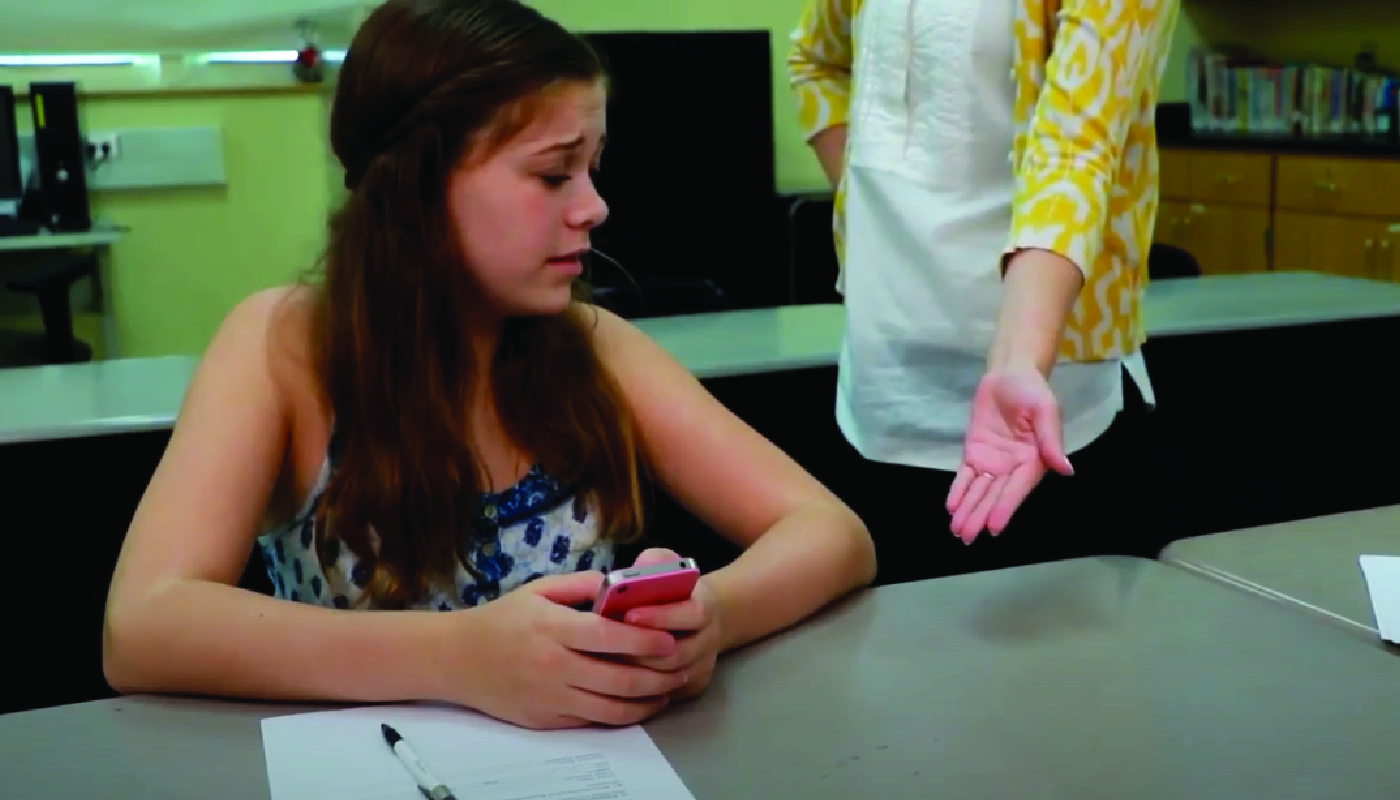
Introduction
Consequences are an essential aspect of life, and they can either be positive or negative. Teaching middle school students to understand and accept consequences helps them develop essential social-emotional skills. This blog post will discuss an easy no-prep activity designed to help educators teach students about consequences and acceptance, provide discussion questions, and highlight related skills.
No-Prep Activity: The Consequence Chain
This activity requires no materials or preparation from the educator. It is designed to help students understand the concept of consequences and practice accepting them. The activity is called “The Consequence Chain” and can be played in a group or individually.
- Ask students to think of a common situation they encounter in their daily lives, such as forgetting to do their homework or saying something hurtful to a friend.
- Guide them to identify the initial consequence of their chosen behavior. Encourage them to think about whether it is a positive or negative consequence.
- Next, ask students to think of a possible reaction to the initial consequence. For instance, if they forgot their homework, their reaction might be to apologize to the teacher and ask for an extension.
- Have students identify the consequence of their reaction. In the previous example, the consequence might be that the teacher grants an extension, but they must work harder to catch up.
- Continue this chain of actions and consequences for a few more steps, encouraging students to think about how their choices can lead to different outcomes.
This activity allows students to explore the concept of consequences and practice accepting them in various situations.
Discussion Questions
Use these questions to stimulate further discussions about consequences and acceptance among your students:
- Why is it important to understand the consequences of our actions?
- How can accepting negative consequences help us grow and learn?
- Can you think of a time when you didn’t accept a consequence, and it made the situation worse? What could you have done differently?
- How can we support our friends and classmates when they are facing negative consequences?
- What are some strategies we can use to stay calm and accept consequences when they are difficult to handle?
Related Skills
Teaching students about consequences and acceptance also helps them develop other important social-emotional skills, such as:
- Empathy: Understanding the feelings and perspectives of others when they face consequences.
- Problem-solving: Learning how to address challenges and find solutions when faced with consequences.
- Self-awareness: Recognizing how their actions and reactions can lead to different consequences.
- Responsibility: Taking ownership of their actions and the consequences that follow.
Next Steps
Teaching middle school students about consequences and acceptance is just one aspect of social-emotional learning. To further support your students’ growth in this area, we encourage you to explore other related skills and activities. Sign up for free samples of our social-emotional learning materials, designed to help educators like you create engaging and meaningful lessons for your students.

